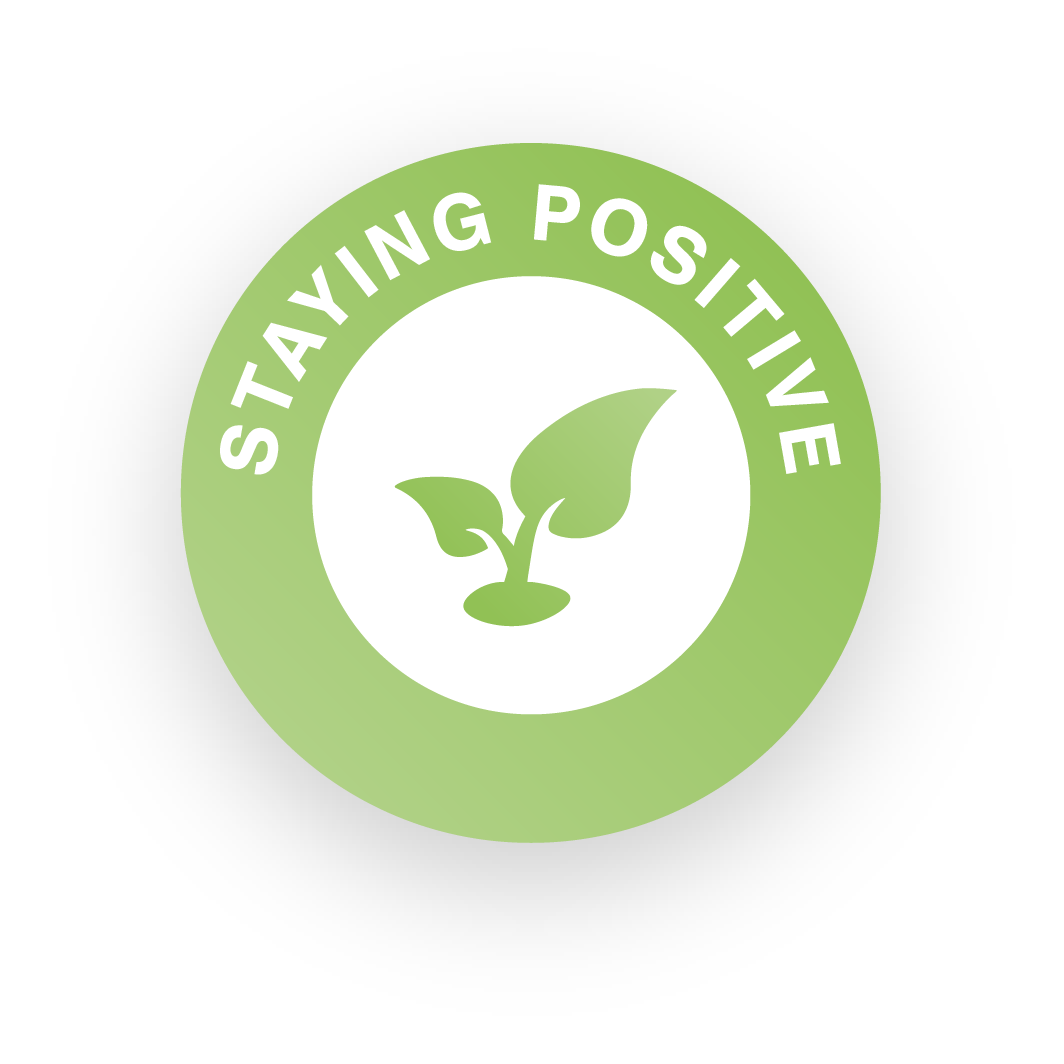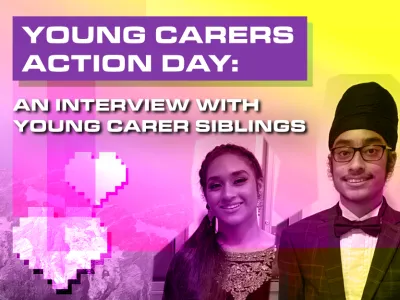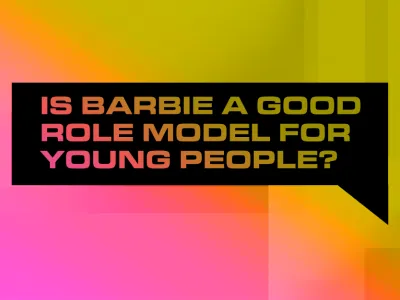
World Autism Acceptance Week: An Interview With Paige
Include this article in your Skills Builder Journal. It could help you develop... 
This week is World Autism Acceptance Week, a time for people to come together and help change attitudes and raise funds to transform lives. The National Autistic Society created this week with an aim to build a society that works for autistic people.
Back in the 1960s, autistic children were often described as ‘ineducable’ and many parents were told to put their children in institutions. One group of brave parents refused to believe this however, and, in 1962, they formed what is now the National Autistic Society to fight for autistic people’s rights. There are now approximately 700,000 autisitic adults and children in the UK, as well as their three million family members.
Someone who knows what it's like to live with autism is one of the members of our Youth Rising Podcast team, Paige. They caught up with Haleem - another Youth rising member - to share a little more about what it’s like to have autism and why it’s important for people to be aware and accepting of it. Check out some of the highlights from their chat below - and for more on how to be a better ally to the disabled community, with perspectives from influencers Lucy Edwards and Isabella Signs, listen to the full episode of Youth Rising, available now wherever you get your podcasts!
For someone that might not necessarily know, what does autism mean to you?
It's very different for every person, but for me, it's a constant condition that I live with. It's my personality. It's how I think. It's everything about me. That's not necessarily a bad thing, it's just how I see myself. I feel like a lot of who I am is because of my autism. On a day to day basis, whenever I'm having a conversation, I've got to think about everything I say, before I say it, in case I come off direct and offensive. For example, if someone asks me how they look and I don't think they look great I'll tell them that, but that can come off as very intrusive. So it's quite hard to have to monitor myself every single day and to be aware constantly.
To be honest, it can be quite isolating. I can be in a group full of people or a room full of people and I'll feel alone. Because I feel like everyone else is having these conversations and very casual and talking. And I'm having to think, oh, should I say something or not. Should I butt in here and can I say something without it sounding one way or another? And I've got to really overthink everything.
Are there any things you avoid because of your autism?
I feel like a lot of my autism plays along with my social anxiety and where both of them combine, and it makes social interactions very, very hard for me because I don't know how to make friends. I don't know how to talk to friends without coming off too much. I get quite passionate about subjects and that can come off really, really obsessive, but it's not, it's just me being passionate about something. However, someone who hasn't known me for ages will think it's weird, that sort of thing.
You sort of just said it a little bit, but what would you want people who don't have autism to know about someone who has autism?
Just to be aware that the way we think, the way we do things, might be a bit different to you. It doesn't make us abnormal and it doesn't make us weird or scary or anything like that. It just means that we have slightly different brain processes. And I think that's completely natural and I think it should be treated as a natural thing. So I think a lot of it is just being very aware, watching to see what makes that person feel better or what might trigger them. If the person feels comfortable, maybe asking to see what they can do to help, not thinking as a person only as an autism, if that makes sense, because everyone's different when it comes to it. And everyone has different responses and different ways to cope.
This year’s World Autism Acceptance Week celebrates the National Autistic Society’s 60th anniversary. They are challenging people to take part in their Super 60 Challenge to help smash their £600,000 in 60 days fundraising target. From Monday 28 March to Friday 27 May you can help raise funds by taking part in a challenge like:
Doing a Super 60 workout
Running 60k over six days
Walking 60,000 steps over the week
Cycling 60k over the week
Holding a six-hour online gamathon
Leading an online 60-minute class (yoga, aerobics) through Facebook/ Instagram live
Or many other fun activities that include the sun six somehow! Get people to sponsor you, or pay a fee to take part, and get fundraising! Find out more about World Autism Acceptance Week by heading to the National Autistic Society's website.




